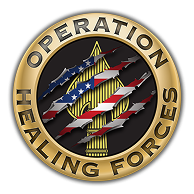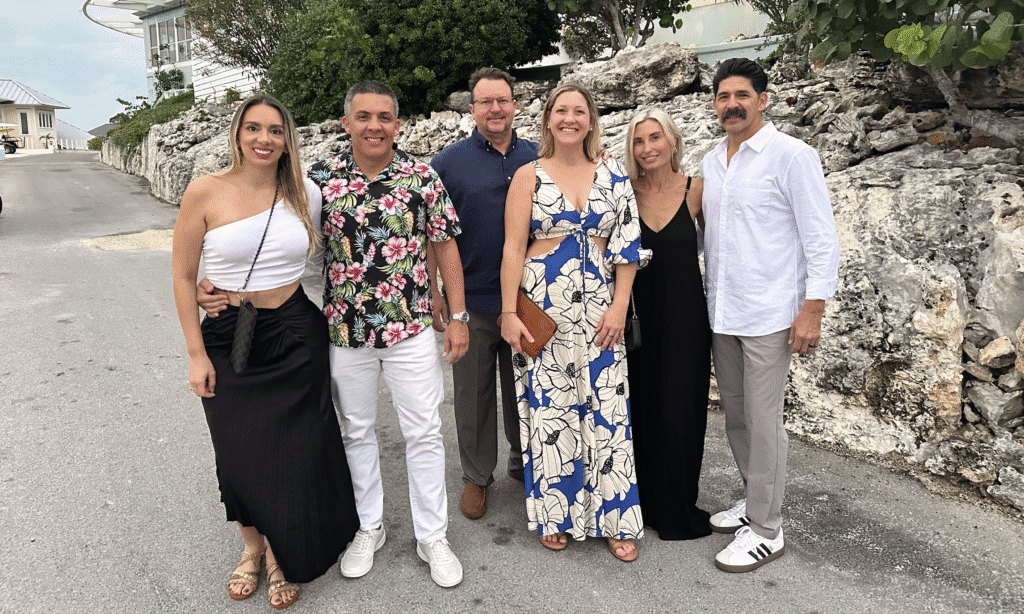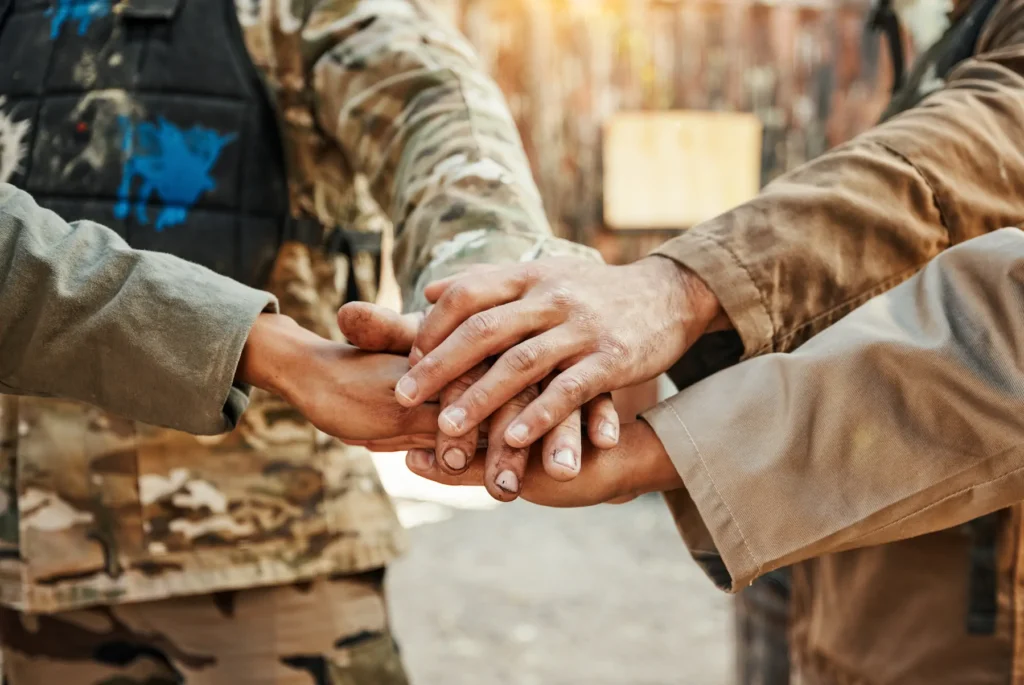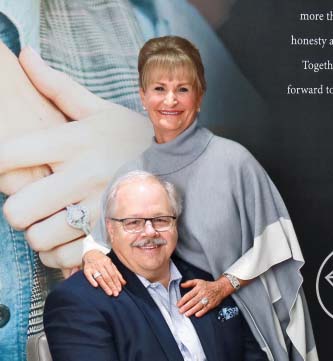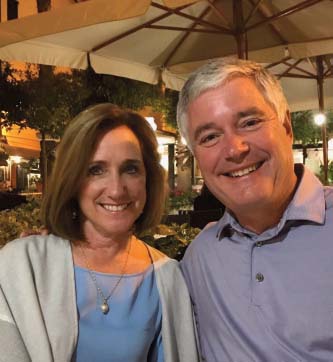Life After the Uniform
For Special Operations Forces (SOF) warriors, service is more than a career—it’s an identity. Years of high-intensity missions and constant deployments create a deep sense of purpose and an unbreakable bond with teammates.
But when service ends, that clarity disappears. Many SOF veterans struggle with the loss of identity, connection, and daily structure. The mission is over—but the weight of service remains. This loss of identity is a quiet but powerful strain on mental health—and it doesn’t just affect the veteran. It impacts their spouse, their children, and the relationships that have often been put on hold during years of service.
The Weight of Service and Lost Purpose
Kris Kendall knows that story well. He served for 27 years as a U.S. Air Force Combat Controller, a career defined by high-stakes missions, relentless deployments, and an unwavering commitment to his team.
He operated under extreme pressure and carried the emotional toll that comes with it—including the heartbreak of losing teammates in the 2011 Extortion 17 tragedy. Funeral after funeral served as painful reminders of the cost of service. But nothing in his military training prepared him for the quiet weight that came after retirement.
Leaving the military meant leaving behind more than a job—it meant letting go of the community and rhythm that had shaped his entire adult life. “You go from being needed every day to wondering where you fit in the world,” Kris shared. “That shift is hard.”
This is a common challenge among SOF veterans. After years of operating in environments where clarity and mission are constant, the civilian world can feel uncertain. That uncertainty can quickly spiral into anxiety, depression, or emotional withdrawal.
Spouses often see this change before anyone else. Megan Kendall, Kris’s wife, experienced it firsthand. “We’ve seen so many divorces in retirement,” she said. “After being apart for so long because of deployments, couples don’t always know how to be together again.”
For many veterans, it’s not just about adjusting to a slower pace—it’s about redefining who they are and finding meaning in a world that looks completely different.
The Role of Connection in Mental Health Support
That’s where community becomes critical. One of the most powerful forms of veteran mental health support is simply being surrounded by others who understand. That kind of connection creates space for honest conversations, shared empathy, and emotional healing.
Operation Healing Forces (OHF) offers that space through its therapeutic retreats designed specifically for SOF couples. These experiences remove the distractions of daily life and replace them with trust, support, and perspective.
When Kris and Megan attended an OHF retreat in Abaco, Bahamas, they were able to step away from the chaos and reconnect on a deeper level—with each other and with others who had walked similar paths. “There’s no shame when you’re with people who understand,” Kris said. “We could talk freely without feeling judged. That space was healing.”
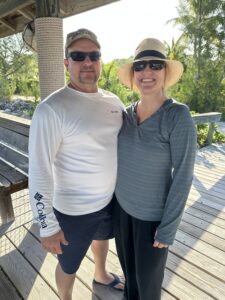
Building a New Foundation and Healing Together
The retreat didn’t fix everything overnight—but it gave Kris and Megan the time and clarity to start again. It reminded them of what they’ve been through and helped them focus on where they’re headed. Today, Kris has embraced a new role—supporting Megan’s career and being present with their seven-year-old daughter.
“The chance to be without life’s usual distractions was invaluable,” Megan said. “We feel refreshed and reconnected at the core of our relationship.”
Veteran mental health support starts with connection. Healing doesn’t happen in isolation—it happens in community. For SOF veterans and their families, the transition out of service is rarely easy. But with the right support, they don’t have to face it alone.
OHF continues to provide a space where couples can rebuild, reflect, and move forward with strength and support—together.
Click here to join the mission to heal those who serve in silence.
